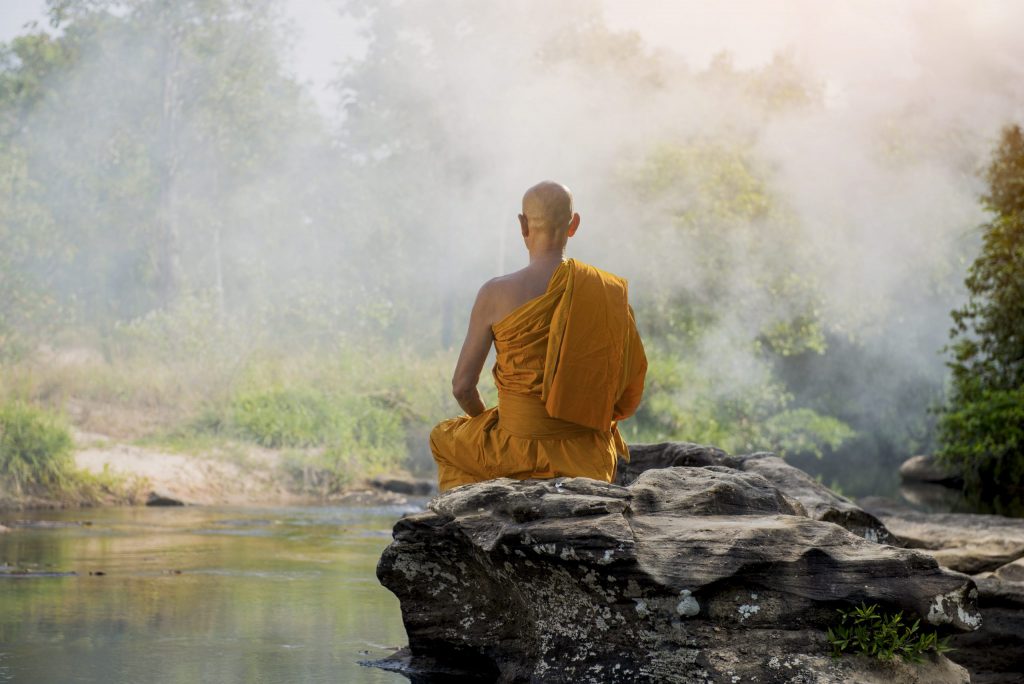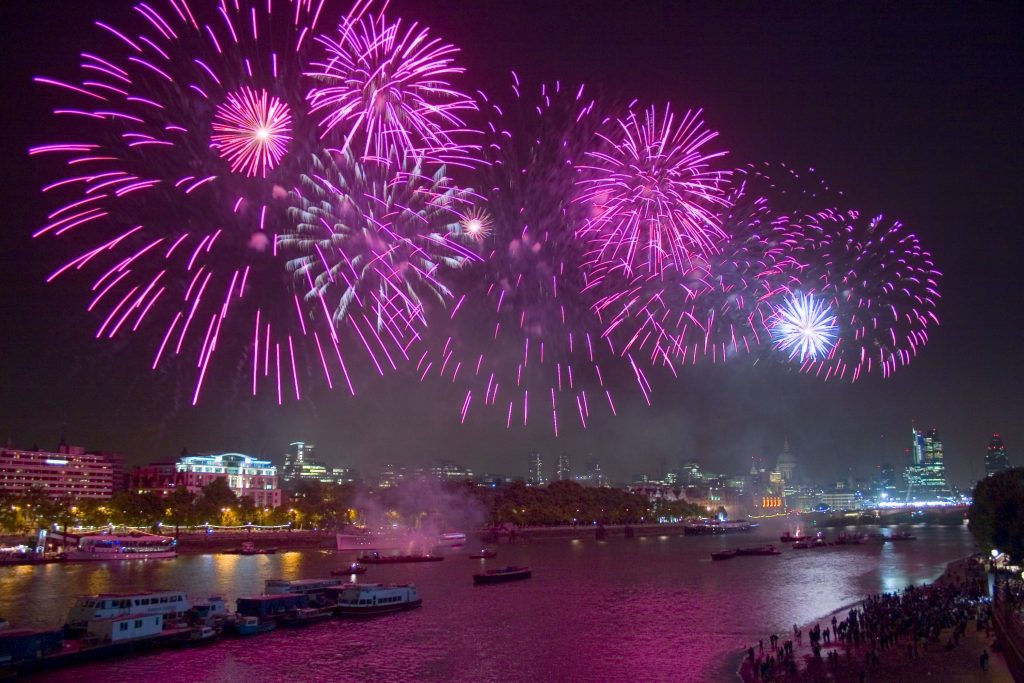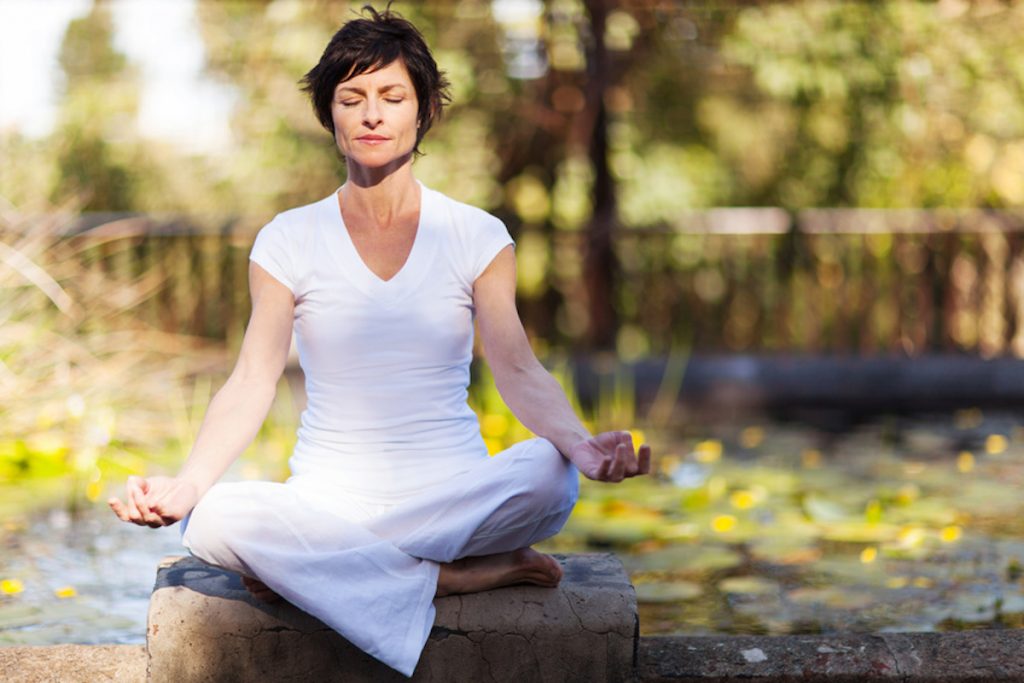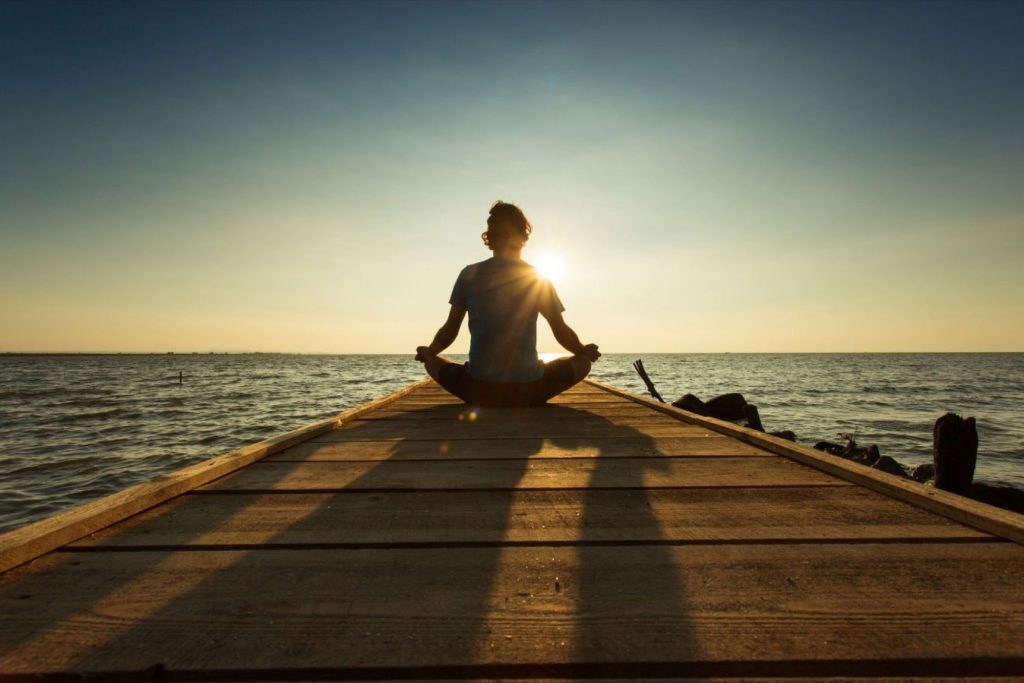
When I was at University, I found the content of my economics degree extremely theoretical which left me believing it had no real-world value or apparent applicability. Fair enough, concepts such as \”moral hazard\”, \”selection bias\”, \”risk aversion\” and \”in-elasticity of demand\” (which neatly explained my family\’s penchant for cigarettes no matter what the price!) were all very insightful, but that was about it for three years of academic study! Beer and music became my area of expertise!
However, I did one module where hidden in the textbook was a little Latin expression, \”Sapere Aude\”, and it has stuck with me ever since. The textbook translation was \’have the courage to use your own understanding\’. I found this incredibly uplifting at a challenging time in my life when things were not running as smooth as I\’d envisaged. I was struggling a fair bit – seeing things differently to many of my peers and still recovering from a crazy car accident where I had been a wee bit wild behind the wheel. I was shorn of confidence and in need of such a fillip.
Whenever I was caught in the crossfire of conflicting demands, I would lean on this as a compass to help guide me to follow what I felt was right. I may not have always got it spot on, but at least I had the comfort of knowing I was doing what I felt was true to myself and my soul.
I have more recently found out that a more accurate translation of this fabled expression is \’dare to be wise\’. And when I saw this, I smiled with electric brightness at the sheer brilliance of this aphorism.
Wisdom does not always prevail in our current society. There is a heavy premium on logic, and there is an even heavier reliance on fear and emotion as drivers of thoughts, behaviours and actions. But wisdom? It\’s seemingly rare.
Imagined danger is what stalks us most of the time. We feel we are taking the wise move, but often that \’wisdom\’ is actually the window-dressing for the \”safety-first\” approach, or acquiescence to something which doesn\’t feel right for us, yet don’t feel bold or brave enough to speak out about.
Of course there are times when the wise choice is the safer choice. Protecting your mind, body and
nervous system from the real possibility of heavy injury or a mortal threat for example, is not an unwise decision. However, in many cases an over activation of the innate fight or flight response has the strangely effective ability of overriding one\’s wisdom and we are left with a defensive posture in many, if not all aspects of our lives.
Many times in life, being wise actually means taking a chance and risking something. To risk being out of the comfort zone, to risk failing, to risk those closest to us not understanding what and why we\’re doing something.
In these cases, being risk averse may cause you to veer off the path of wisdom and onto a path of
confusion and dissatisfaction. This is where we need to \’dare\’ to be wise for wisdom is often not what
everyone else thinks. It\’s what you feel is right for you when you\’re tapped into that place deep inside of you.
But how to discern what you feel? And how can you break through the barriers which feel like they\’re
holding you back from doing what your deepest intelligence knows to be the right thing? This is where you need courage. Because all of us, somewhere deep within us, know what is the higher path. And until we\’ve cleared out all of the sub-conscious bonds that are holding us back, there will always be a conflicting signal within, telling us to follow safety first. This is why both translations are perfectly applicable and indeed are ultimately saying the same thing.
There is an innate and deep consciousness within all of us that senses what needs to happen. It\’s simply a case that we\’re unwilling or unable to listen because of the crust of noise and fears that prevent us from being able to tune in with crystal clarity. Progressive choices are rarely risk free, that’s part of the joy and beauty of change and progress. But they can be well calculated if you are tapped in to the right resources.
The more you open yourself up to the uncertainty of an unknown outcome, the easier it becomes. You take heart from having followed what you felt was the best course at the time, and you learn what doesn\’t work.
We become toddlers all over again, learning to walk, falling over, hurting ourselves, and learning how to do it better until one day, that little baby is not just walking confidently, it is running, playing, hopping, skipping and jumping. The dexterity and balance required to stand up and be mobile have now become so innate that every kind of manoeuvre is possible and executed with grace. We’re in flow. And then there comes the day when you learn to finally dance with a fullness of expression that is in tune with yourself, your surroundings and the need of the time.
It is no surprise that the great philosopher, Immanuel Kant, co-opted the expression \’Sapere Aude\’ as a motto of the 17th and 18th century Age of Enlightenment, a time of great questioning and change.
Be the toddler. Be the child. Be the dancer. Dare to be wise and be wise enough to dare.
I\’m incredibly grateful for that unknown textbook giving me such a guiding light in my formative years. What a find!
Now I can look back with knowing eyes that and realise that whilst I was convinced that my time at Uni was nothing more than a opportunity to straw-pedo and cut some shapes on the dance floor, it was in fact exactly what I needed to experience to set me up for life itself.

The Benefits of Beeja Meditation
- Reduce stress and anxiety
- Greater clarity and calm
- Increase focus
- Enhance relationships
- Sleep better
- Feel energised



